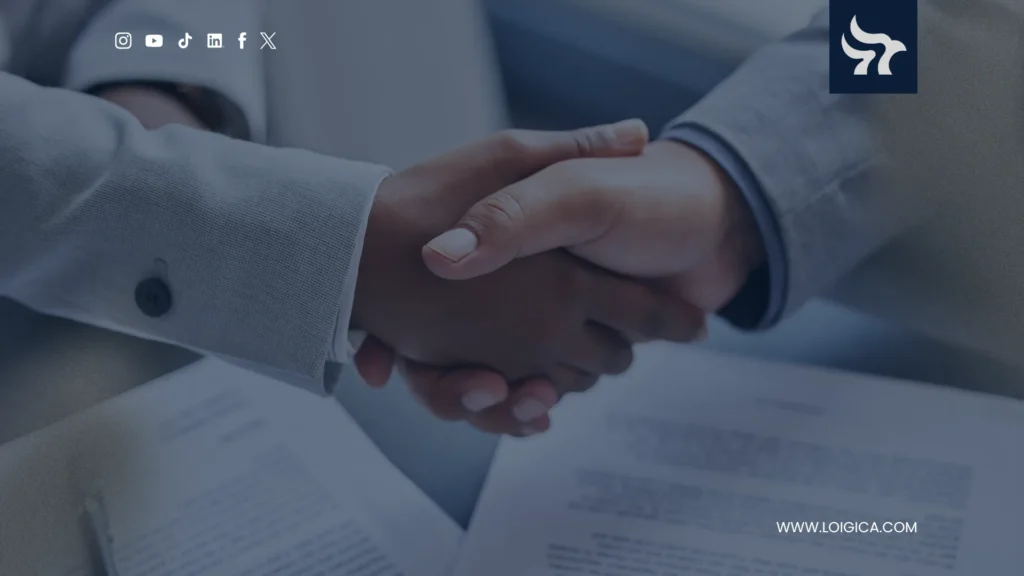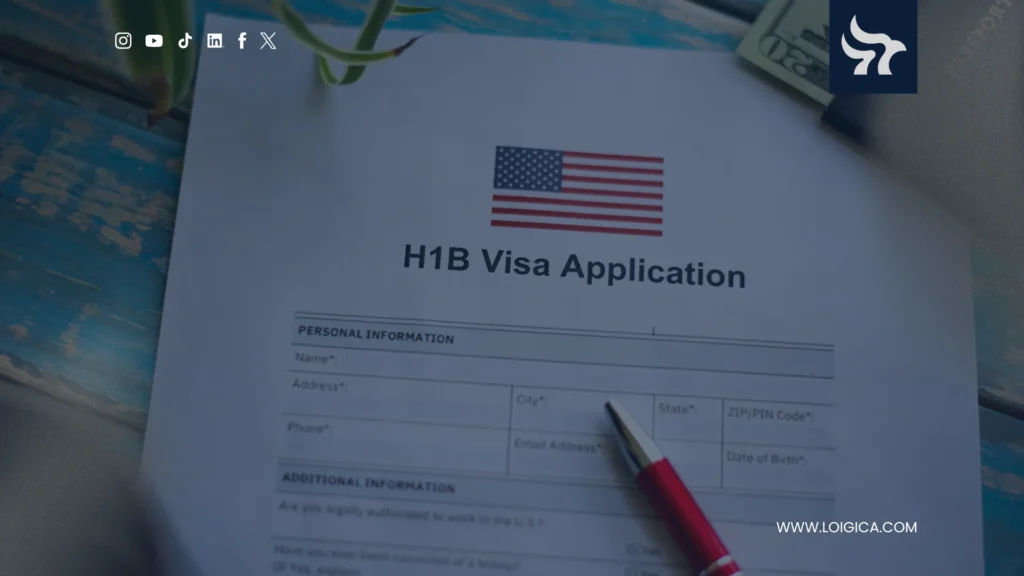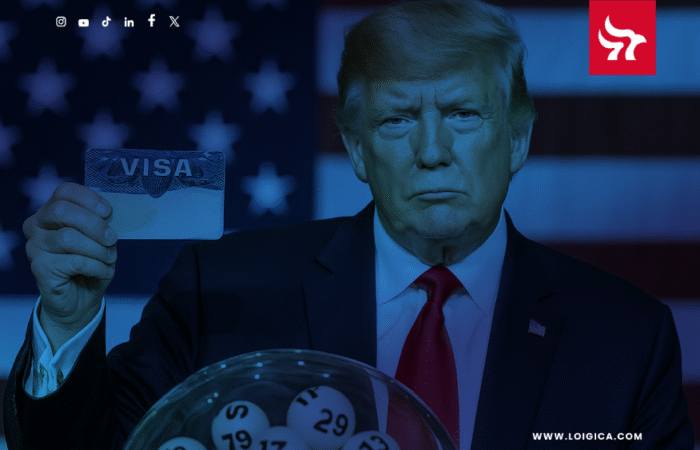The H-1B visa continues to be one of the most sought-after pathways for highly skilled professionals seeking opportunities in the United States. Traditionally, the selection process has been based on a random lottery system. However, the Department of Homeland Security (DHS) has introduced a proposal that could significantly reshape the H-1B registration process.
What is changing?
Under the current system, every registration has an equal chance of being selected. The new DHS proposal, however, introduces a weighted lottery that favors applicants with higher wage levels. This means that the salary offered by the U.S. employer could become a decisive factor in whether a petition is drawn from the lottery pool.
The purpose of this change is to prevent wage manipulation and abuse by ensuring that foreign workers are hired under fair and competitive conditions. By tying lottery selection to wage levels, the government aims to give priority to highly qualified professionals while encouraging employers to offer salaries aligned with U.S. labor standards.
The $100,000 question
At the same time, the DHS has floated another controversial idea: a $100,000 filing fee for H-1B petitions. If implemented, this fee could apply as early as the 2027 registration period (beginning March 2026). While the weighted lottery is designed to protect workers and strengthen the integrity of the program, the proposed fee risks placing a disproportionate burden on small businesses and startups that rely on global talent to compete.
A global talent race
The timing of these proposals also highlights the global competition for talent. Countries such as China are already introducing new visa categories, like the “K visa,” to attract highly skilled foreign professionals. For U.S. companies, the challenge is not only to navigate domestic immigration reforms but also to remain competitive in a global market where other nations are aggressively courting top talent.
What happens next?
The weighted lottery proposal is currently under public comment until October 24, 2025. Only after that period ends will DHS decide whether to move forward, revise, or abandon the plan. Until then, the H-1B system remains unchanged. Employers and foreign professionals should monitor developments closely, as the outcome could directly impact their strategies for the upcoming H-1B cycles.
Conclusion
If the DHS proposal is successful, the H-1B lottery will no longer be pure chance. With the weighted system in place, salary becomes the decisive factor: the higher the level, the greater the weight in the raffle. For companies, this means planning and justifying competitive offers; for professionals, it highlights the importance of strong profiles.
The new $100,000 H-1B filing fee, however, remains a possible threat to small businesses for the 2027 H-1B registration period beginning in March 2026. Yet the weighted system could solve the alleged wage abuse and persuade the White House to waive it.
In a world where countries like China are offering alternative career paths to the world’s best and brightest, the global competition for talent becomes existential for American companies. In this environment, having a clear legal strategy and tailored guidance can make the difference between having your H-1B ticket drawn… or left at the bottom of the bowl.
📞 Don’t leave your future to chance: book your consultation today and secure your path to the H-1B visa.
📩 marketing@loigica.com | 🌐 www.loigica.com
This blog was written with asistance of generative AI. It is provided for informational purposes only. It does not constitute legal advice. The information presented here is based on general principles of U. S. immigration laws, as well as general information available for public search on public matters, as of the date of publication. Immigration laws and regulations are subject to change and individual circumstances may vary. If you need expert counceling on immigration matters, contact one of our attorneys.

Asset Protection vs. Estate Planning: Which Do You Need First?

LLC Operating Agreement: Musts Before You Start Doing Business



